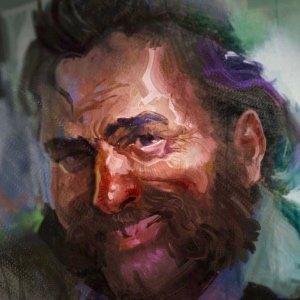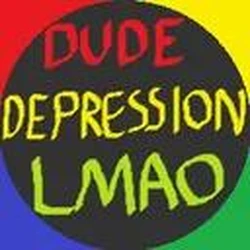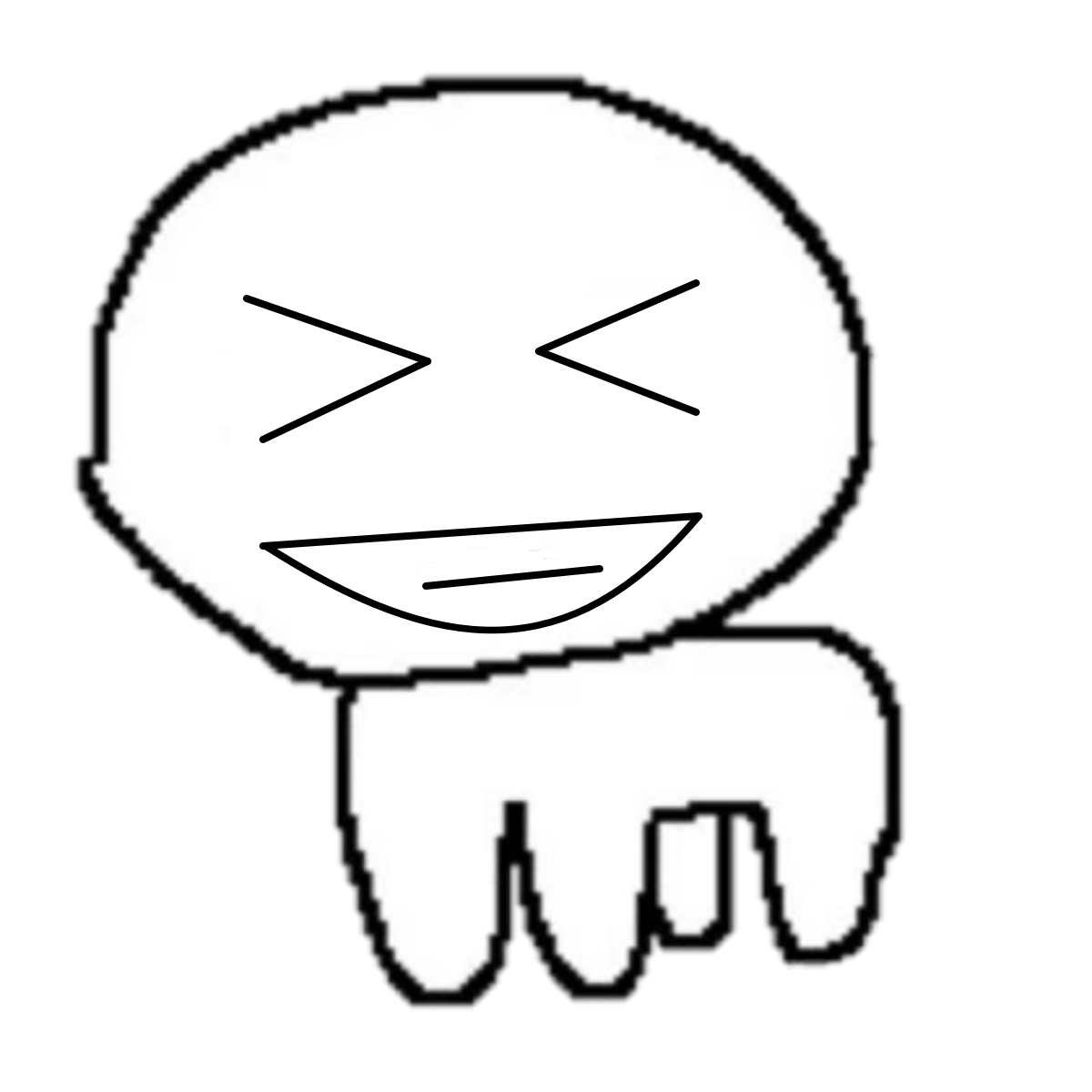Only water when the soil is dry at least an inch deep. When you do water, water thoroughly, until water is freely coming from the drainage holes in the bottom. An optional way to water thoroughly is to let the plant pot stand in a tray of water for half an hourish (I use an inch or so of water). This is called “bottom up watering”
Make sure that any pot you use has drainage holes. A common mistake beginners make is to plant directly into decorative pots that have no drainage holes. This is bad because when the soil doesn’t have enough chance to dry out between waterings, it leads to root rot. You can still use a pretty pot if you want, just make sure that you have an inner pot with drainage holes that you can take out of the exterior pot when it’s watering time. (The decorative exterior pots can be useful for causing things to tip over less).
Finally, don’t assume that succulents or cacti will be happy in bright, direct sun. They can still get scorched.






















It’s a bittersweet congratulations, but congratulations nonetheless. The reason I went no contact with my mom is more personal than political, but I know it isn’t easy.